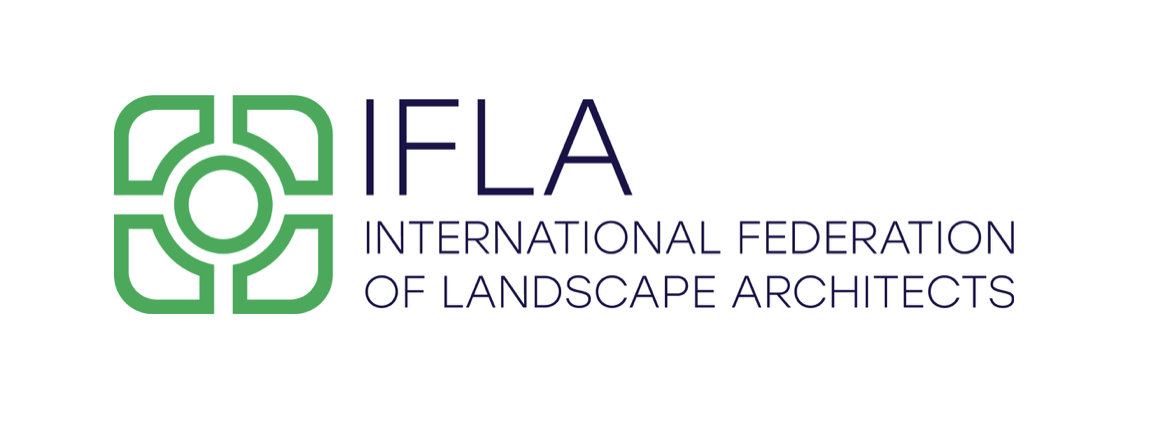IFLA World Council makes declaration on SDG's
At the 2020 World Council IFLA President Jayme Hayter proposed to the following declaration
Delegates to the 2020 International Federation of Landscape Architects (IFLA) World Council meeting endorse a declaration strengthening the global focus of the landscape architectural profession on health and the positive actions they can take in support of the
United Nation’s Sustainable Development Goal (SDG) 3:
Ensure healthy lives and promote wellbeing for all ages.
Landscape architects have made great strides in advocating in policy and practice for sustainable development in recognition of the UN’s Sustainable Development Goals. By committing to positive action in support of SDG 3, the landscape architecture profession seeks to increase awareness of the relationship between natural and cultural aspects of design that enhance and sustain healthy ecosystems and communities, recognizing their inter-dependence.
The declaration challenges all landscape architects to strengthen their contribution towards healthy and inclusive environments, and to the wellbeing of citizens.
IFLA Declaration on Ecological and Community Health
Arising from unprecedented disasters caused by natural means and as a result of mankind’s intervention, the effects of which are exacerbated by the COVID-19 pandemic, delegates to the International Federation of Landscape Architects (IFLA) 2020 World Council meeting confirm our commitment to the obligations of the UN’s Sustainable Development Goal 3: Ensure healthy lives and promote wellbeing for all ages.
In addition, we agree to:
Recognise that health and wellbeing are intrinsically linked to sustainable development.
Advocate at the global level of government and in decision making forums to implement actions that improve ecological and community health.
Lobby national governments and industry for the sufficient allocation of resources to research and implement positive change.
Recognise the link between the natural and cultural aspects of design for healthy ecologies and communities, their inter-dependence and enhancement of each other.
Partner with academic, corporate and NGO colleagues to further research these links and propose immediate actions to embed this knowledge within educational programs and as industry standards.
Collaborate with the WHO, WFO, IUCN and other stakeholders as appropriate to support and, where possible, produce educational and advocacy material that links sustainable development to ecological and community health.
Agree to work with IFLA Member Associations, academic programs and industry to compile a shared library of resources targeted at the global profession of landscape architecture.

